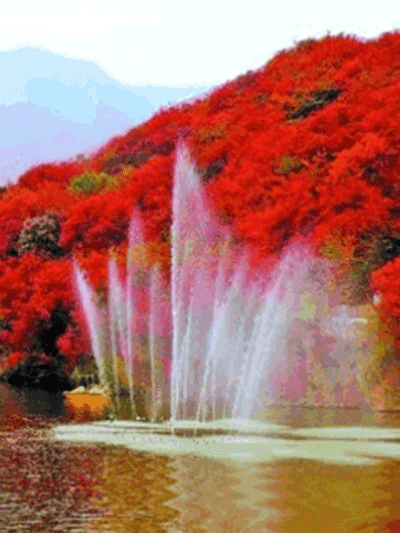Warmheartedness and Compassion
Scientists are discovering that while anger and hatred eat into our immune system, warmheartedness and compassion are good for our health. ~Dalai Lama
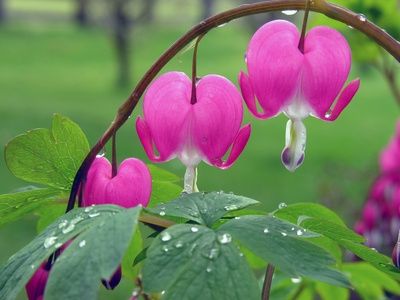
Scientists are discovering that while anger and hatred eat into our immune system, warmheartedness and compassion are good for our health. ~Dalai Lama

Having a wider heart and mind is more important than having a larger house. ~Venerable Cheng Yen
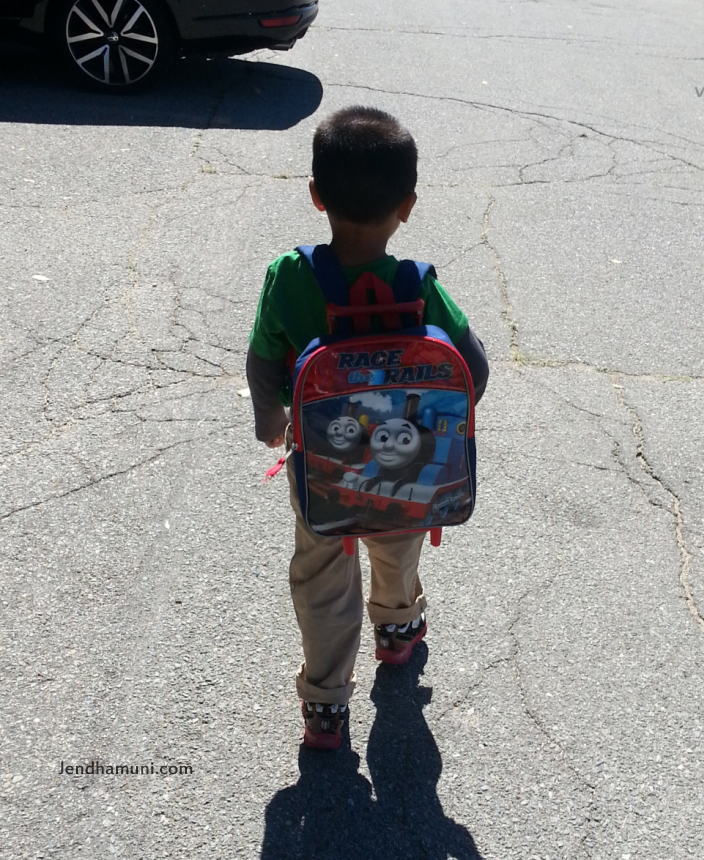
…Whether we like it or not, we have all been born on this earth as part of one great human family. Rich or poor, educated or uneducated, belonging to one nation or another, to one religion or another, adhering to this ideology or that, ultimately each of us is just a human being like everyone else: we all desire happiness and do not want suffering. Furthermore, each of us has an equal right to pursue these goals…
This has been the most painful period in human history, a time when, because of the vast increase in the destructive power of weapons, more people have suffered from and died by violence than ever before. Furthermore, we have also witnessed an almost terminal competition between the fundamental ideologies that have always torn the human community: force and raw power on the one hand, and freedom, pluralism, individual rights and democracy on the other. I believe that the results of this great competition are now clear. Though the good human spirit of peace, freedom and democracy still faces many forms of tyranny and evil, it is nevertheless an unmistakable fact that the vast majority of people everywhere want it to triumph. Thus the tragedies of our time have not been entirely without benefit, and have in many cases been the very means by which the human mind has been opened. The collapse of communism demonstrates this. ~Dalai Lama
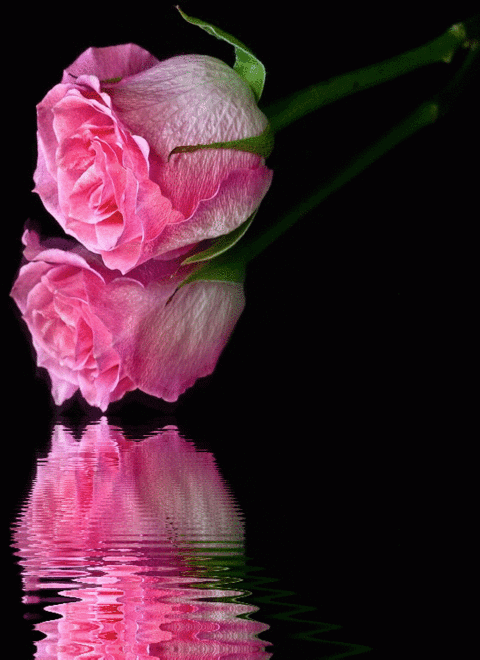
Our planet is blessed with vast natural treasures. If we use them properly, beginning with elimination of militarism and war, truly, every human being will be able to live a wealthy, well-cared-for life.
Naturally, global peace cannot occur all at once. Since conditions around the world are varied, its spread will have to be incremental. But there is no reason why it cannot begin in one region and then spread gradually from one continent to another… ~Dalai Lama


♥ Before you say an unkind word – Think of someone who can’t speak.
♥ Before you complain about the taste of your food – Think of someone who has nothing to eat.
♥ Before you complain about your husband or wife – Think of someone who’s crying out to GOD for a companion.
♥ Before you complain about life – Think of someone who went too early to Heaven.
♥ Before whining about the distance you drive – Think of someone who walks the same distance with their feet.
♥ And when you are tired and complain about your job – Think of the unemployed, the disabled, and those who wish they had your job…
♥ And when depressing thoughts seem to get you down – Put a Smile on your face and think: You’re Alive and still around. ~Unknown
The recital of the Jayamangala Gatha, a set of eight benedictory stanzas extolling the virtues of the Buddha, is usually done on important occasions or when inaugurating any venture of significance. The contents of the stanzas, when recited clearly, are intended to bring happiness and success in all good endeavours we embark upon. These verses have come to be called “The Stanzas of Victory” or Jayamangala Gatha. A unique feature that concludes each verse is the line “By virtue of this, may joyous victory be yours.” These stanzas are regarded as efficacious because they relate to eight occasions, each based on beautiful story, where the Buddha triumphed over his powerful opponents by the sheer power of good.
Through these verses, one will realize that true victory is JOY; where none is left dejected or in pain. Each time the Buddha triumph over His adversaries, He left them with realizations and awe over the pure powers of generosity, patience, self control, loving kindness, serenity, peace, truthfulness and other virtues. The vanguished never leaves without lamp of wisdom being lighted; ensuring them greater happiness.
While the origin of these stanzas is shrouded in mystery, it can be stated with certainty that they were compose in Sri Lanka by a devout Buddhist poet.
Never fall into self-destructive habits
When we meet real tragedy in life, we can react in two ways–either by losing hope and falling into self-destructive habits, or by using the challenge to find our inner strength. ~Dalai Lama XIV
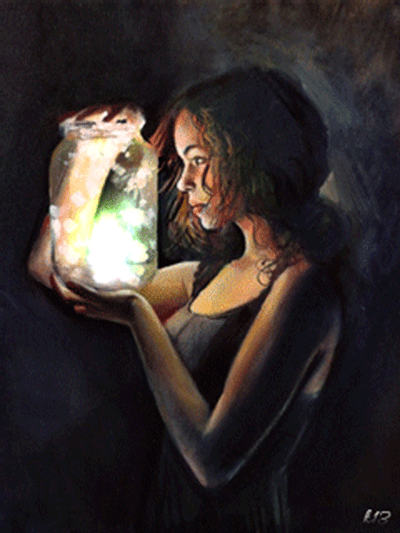
People who fight fire with fire usually end up with ashes. ~Abigail Van Buren

Be a good human being, a warm-hearted affectionate person. That is my fundamental belief. Having a sense of caring, a feeling of compassion will bring happiness of peace of mind to oneself and automatically create a positive atmosphere. — Dalai Lama
